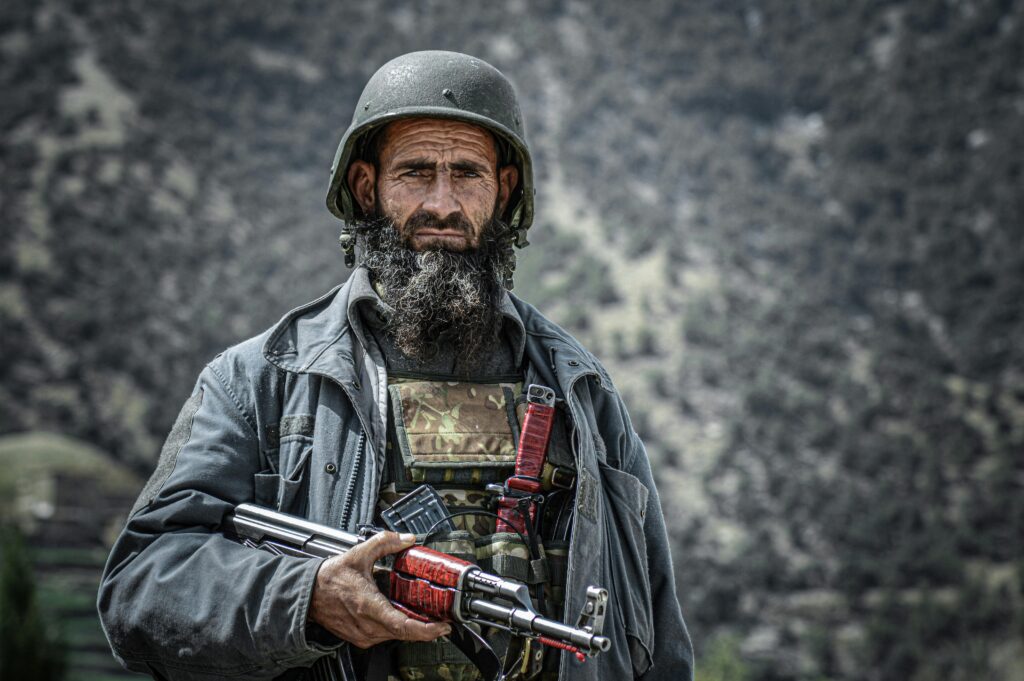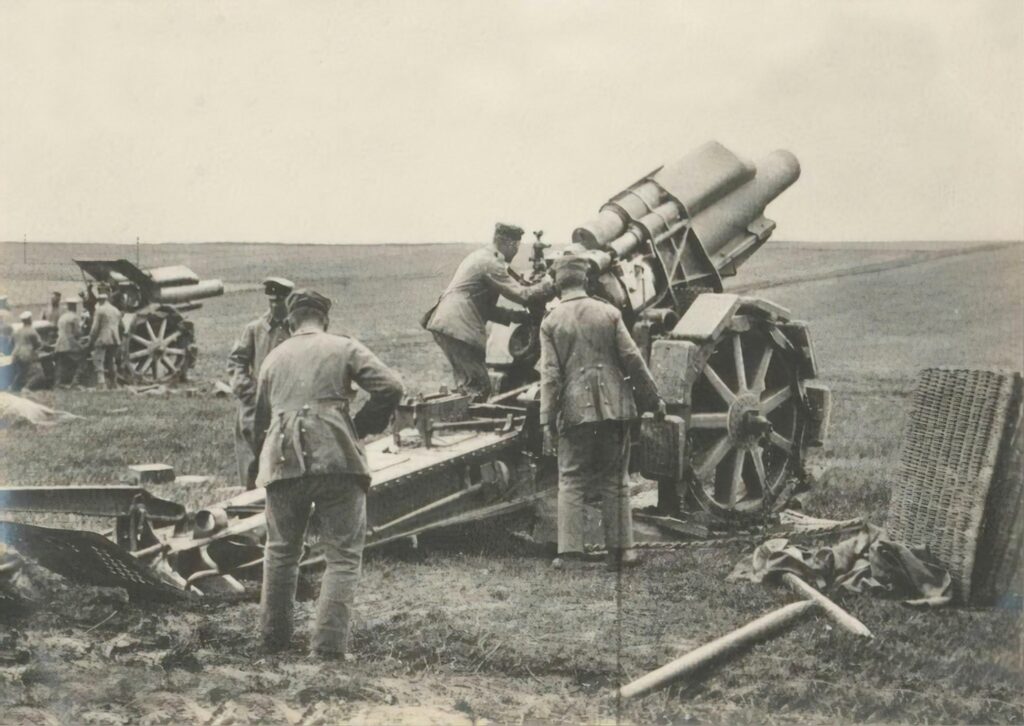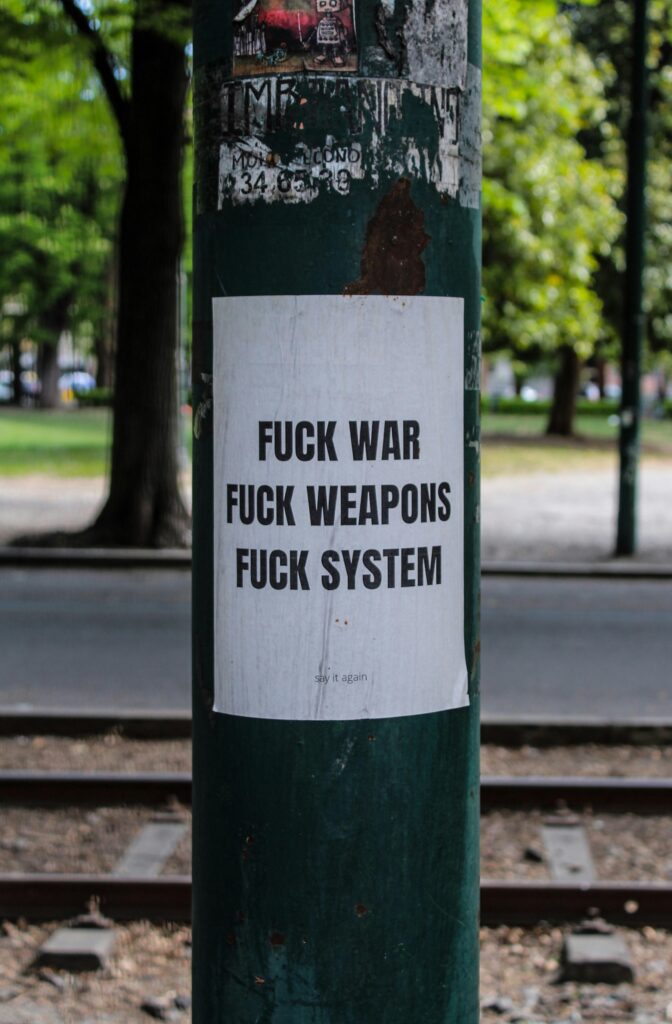The Spanish Civil War, fought from 1936 to 1939, stands as one of the most significant and tragic conflicts of the 20th century. Often seen as a brutal struggle between competing visions for Spain’s future, this war was much more than a national uprising—it was a poignant prelude to the global turmoil that would soon follow. Drawing in volunteers, ideologies, and military support from across the world, the Spanish Civil War served as a testing ground for new tactics and a stark warning of the ideological battles to come. In this article, we’ll explore how this conflict not only shaped Spain’s destiny but also set the stage for the wider fires of World War II.
Table of Contents
- The Political Climate Leading to the Outbreak of the Spanish Civil War
- The International Powers and Their Roles in the Conflict
- Lessons Learned from the Spanish Civil War for Modern Diplomacy
- Strategies to Prevent Similar Conflicts in Today’s World
- In Conclusion
The Political Climate Leading to the Outbreak of the Spanish Civil War
The years leading up to the conflict were marked by intense instability and sharply polarized ideologies across Spain. The fall of the monarchy in 1931 and the birth of the Second Republic brought high hopes for democratic reform, yet it quickly became a battleground between competing visions for the country’s future. Industrial unrest, agrarian disputes, and the demands of regional autonomy created a volatile mix, further complicated by rising fascist and communist movements. This polarity manifested in violent street clashes and political assassinations, casting a shadow over the fledgling republic.
Key elements contributing to the escalating tensions included:
- Land Reforms: Efforts to redistribute land angered wealthy landowners while sparking hope among peasants.
- Military Discontent: Growing dissatisfaction among officers who felt threatened by civilian oversight.
- Religious Influence: The Catholic Church’s alignment with conservative factions deepened societal rifts.
- Economic Struggles: The Great Depression exacerbated unemployment and fueled radicalization.
These tensions culminated in an explosive environment where compromise was nearly impossible, setting the stage for a devastating civil war that would draw international attention and foreshadow larger global confrontations.
The International Powers and Their Roles in the Conflict
As the Spanish Civil War unfolded from 1936 to 1939, it quickly attracted the attention and intervention of global powers, each pursuing strategic interests that would shape their roles in the approaching world war. Nazi Germany and Fascist Italy were perhaps the most direct and aggressive external actors, providing the Nationalist forces with critical military aid. Germany’s infamous Condor Legion conducted aerial bombings and trained troops, using Spain as a proving ground for tactics later employed in World War II. Italy contributed tens of thousands of troops, weapons, and logistical support, eager to expand fascist influence and test modern warfare on European soil.
In contrast, the Soviet Union stood firmly behind the Republican government, supplying arms, advisors, and volunteer fighters. Although their support was significant, it came with political strings attached, as Soviet assistance often aimed to tighten communist control within the Republican side. Meanwhile, Western democracies such as Britain and France adopted a policy of non-intervention, attempting to limit the conflict’s escalation by officially refusing to supply either side. However, thousands of international volunteers from countries around the world joined the International Brigades, embodying a deep ideological commitment against the rise of fascism. This complex web of foreign involvement cemented Spain as a battleground of competing ideologies and foreshadowed the global struggle to come.
- Germany: Military technology testing and Axis alliance expansion.
- Italy: Troop deployments supporting fascist expansionism.
- Soviet Union: Arms and political influence for communist-backed Republicans.
- Western Democracies: Non-intervention policies and diplomatic balancing.
- International Volunteers: Ideological fighters opposing fascism.
Lessons Learned from the Spanish Civil War for Modern Diplomacy
When examining the complexities of the Spanish Civil War, contemporary diplomats can glean invaluable insights into the subtle balance between national sovereignty and international intervention. The conflict underscored the dangers of ideological polarizations manifesting through proxy battles—a precursor to many Cold War tensions. Modern diplomacy must prioritize proactive engagement over reactive alliances, ensuring that the aspirations of local populations are neither overshadowed nor manipulated by external powers. This necessitates a diplomacy built on transparent communication channels and respect for cultural and political nuances.
Moreover, the war highlights the critical importance of early conflict resolution and the risks of appeasement. Diplomats today can draw from history by:
- Recognizing signs of escalating internal divisions before they spiral into broader conflicts.
- Facilitating inclusive political dialogue among conflicting parties to address core grievances.
- Supporting multilateral frameworks that safeguard against unilateral interventions which often exacerbate tensions.
Embracing these lessons allows modern diplomacy to transform from a reactive posture into a constructive force for lasting peace.
Strategies to Prevent Similar Conflicts in Today’s World
Reflecting on the Spanish Civil War’s devastating lessons, fostering inclusive political dialogue remains paramount to preventing the fragmentation that often leads to conflict. Encouraging open communication channels between diverging factions helps to build trust and reduce misunderstandings. Moreover, bolstering democratic institutions and ensuring they operate transparently can guard against the rise of extremism, which historically ignited tensions during the 1930s. Governments and civil societies alike must prioritize education on civic engagement, promoting an environment where differing opinions are respected rather than feared or suppressed.
Implementing comprehensive peacebuilding measures also involves addressing socioeconomic inequalities, which fuel resentment and unrest. Key strategies include:
- Investing in economic opportunities that benefit all social classes
- Establishing systems for fair resource distribution
- Supporting community-led reconciliation initiatives
Such proactive steps can transform potential flashpoints into sustainable platforms for cooperation. Through these multifaceted approaches, societies may effectively safeguard against the escalation of disputes that once plunged countries like Spain into civil war and, eventually, a broader global conflict.
In Conclusion
In reflecting upon the Spanish Civil War, we come to understand it not merely as an isolated conflict confined within Iberian borders, but as a profound prelude to the broader conflagration that would soon engulf the world. The ideological battles, the international involvement, and the humanitarian tragedies witnessed on Spanish soil foreshadowed the global struggle to come. By studying this pivotal episode, we gain invaluable insights into the complexities of political extremism, the consequences of international appeasement, and the enduring human spirit amid turmoil. As history continues to inform our present, the lessons of the Spanish Civil War remind us of the importance of vigilance, empathy, and solidarity in the face of divisive forces.













